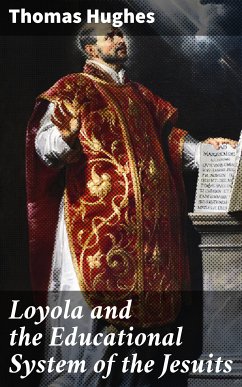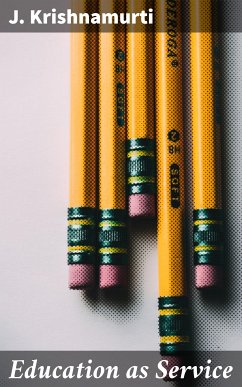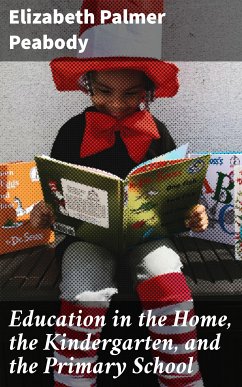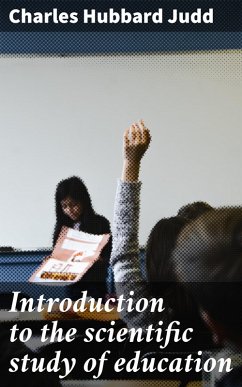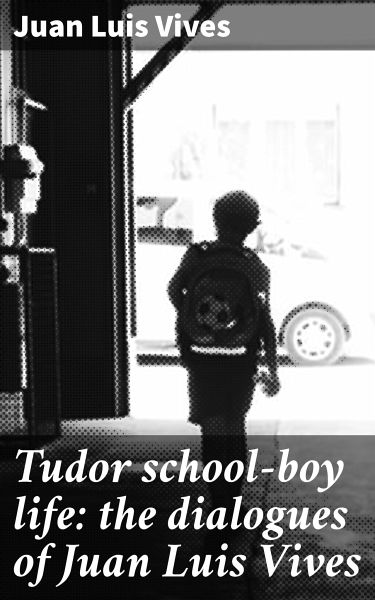
Tudor school-boy life: the dialogues of Juan Luis Vives (eBook, ePUB)
Exploring Educational Philosophies in Tudor England
Übersetzer: Watson, Foster
Versandkostenfrei!
Sofort per Download lieferbar
1,99 €
inkl. MwSt.
Weitere Ausgaben:

PAYBACK Punkte
0 °P sammeln!
In "Tudor School-Boy Life: The Dialogues of Juan Luis Vives," the esteemed Renaissance humanist Juan Luis Vives presents a fascinating exploration of the educational practices and moral philosophies of Tudor England. Through a series of dialogues, Vives artfully examines the intellectual and social dimensions of youthful education, reflecting the broader humanist movement that emphasized learning as a vehicle for personal and societal betterment. His literary style, marked by clarity and wit, invites readers into the bustling life of Tudor schools, uncovering the relationship between pedagogy ...
In "Tudor School-Boy Life: The Dialogues of Juan Luis Vives," the esteemed Renaissance humanist Juan Luis Vives presents a fascinating exploration of the educational practices and moral philosophies of Tudor England. Through a series of dialogues, Vives artfully examines the intellectual and social dimensions of youthful education, reflecting the broader humanist movement that emphasized learning as a vehicle for personal and societal betterment. His literary style, marked by clarity and wit, invites readers into the bustling life of Tudor schools, uncovering the relationship between pedagogy and character development while mingling literary tradition with the newly emerging ideas of a more empirical approach to education. Juan Luis Vives, a Spanish scholar deeply influenced by both classical and contemporary thinkers, crafted this work during a time of significant educational reform. His experiences as a student and educator shaped his critical perspective on the prevailing educational orthodoxies. Vives was entrenched in humanist circles and sought not only to advocate for intellectual improvement but also to forge a more moral and socially responsible citizenry through education, reflecting his own values as a thinker committed to the ideals of the Renaissance. This book is a compelling read for educators, historians, and anyone interested in the roots of modern education. Vives'Äô dialogues not only serve as a window into Tudor educational practices but also resonate with contemporary discussions about the values and methods of teaching. Readers will find in this text a rich landscape of ideas that are as relevant today as they were in the sixteenth century.
Dieser Download kann aus rechtlichen Gründen nur mit Rechnungsadresse in A, B, BG, CY, CZ, D, DK, EW, E, FIN, F, GR, H, IRL, I, LT, L, LR, M, NL, PL, P, R, S, SLO, SK ausgeliefert werden.




